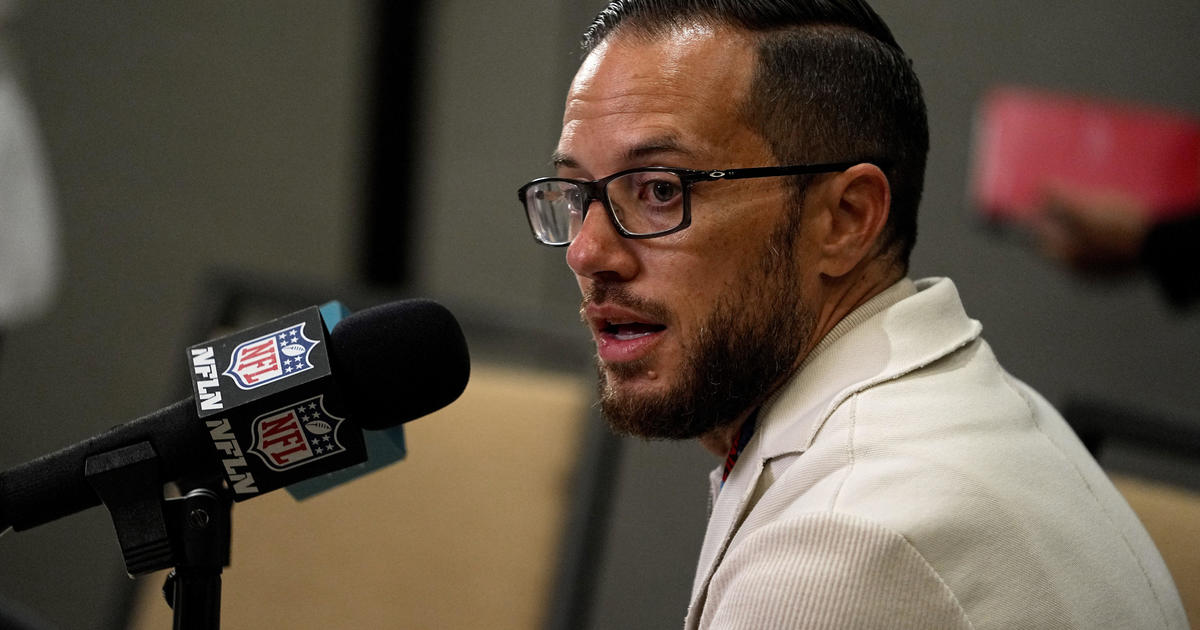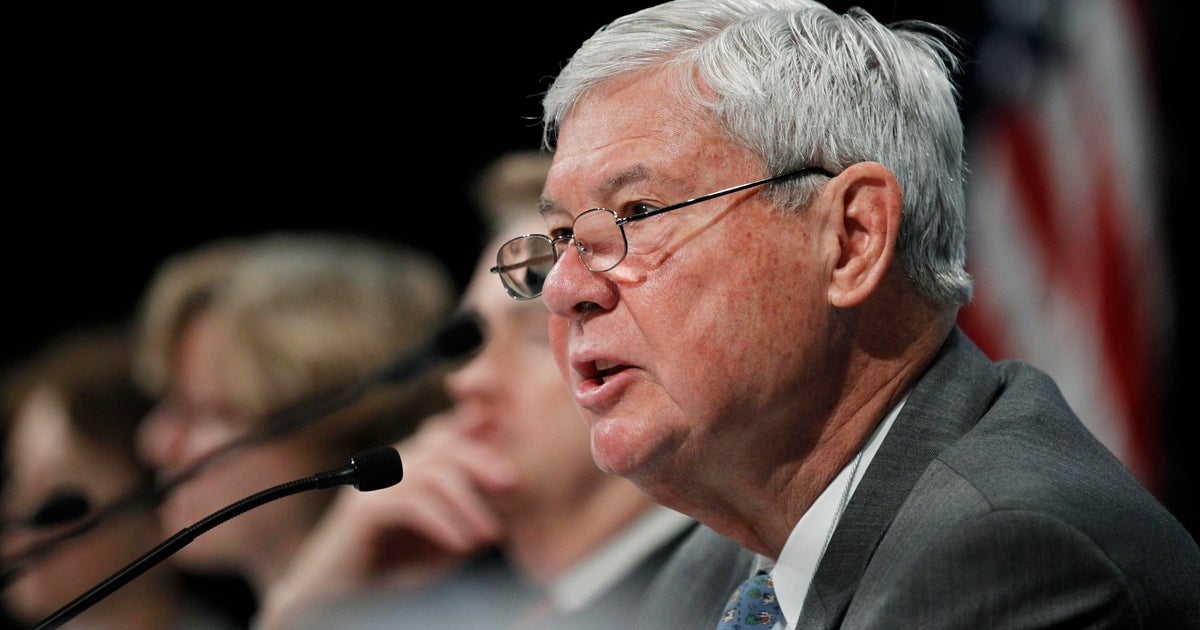State Workers May Find Vacation Perk Cut
TALLAHASSEE (AP) – Looking to reduce their financial liability, the state may cut the amount of vacation and sick time rank and file employees can accrue from one year to the next.
Lawmakers say the amount of money that would be owed these workers if they left state employment would be a serious financial strain on the budget. The state owes about $677 million in deferred vacation and sick pay, down from about $691 million a year ago, money that will be paid out over many years as employees quit or retire.
Currently, employees can accrue up to combined 18 weeks of vacation and sick time that would be paid when they leave. Gov. Rick Scott and some lawmakers say employees should have those accruals capped at a lower level.
"The bottom line is the taxpayers are the ones footing the bills," said state Rep. Debbie Mayfield. "When we have benefits and programs that the private sector doesn't that the taxpayers are paying for, then we need to take a look at it. Let's get real with what our benefits are."
Mayfield, R-Vero Beach, introduced legislation for the 2012 session that didn't get off the ground in an election year and is now working with incoming Department of Management Services chief Craig Nichols along with Children and Families Secretary David Wilkins, who doubles as the state's chief operating officer, on a new bill for 2013.
"We are exploring the methods that private industry manages paid time off, including sick leave and vacation time, and plan to discuss some solutions with the Legislature during the next session," Wilkins said.
Doug Martin, legislative director for the American Federation of State, County and Municipal Employees (AFSCME) union that represents 57,000 Florida government employees, said hacking away at workers' benefits will make it more difficult for the state to hire and keep its top talent.
The largest portion of the obligation to career service employees is $424 million for vacation time on the books. Another $151 million is unused sick time that employees with 10 years or more service can cash in when they leave state government.
Finally, there is nearly $102 million owed in special comp pay for employees, many in the public safety sector, deemed essential at times. Instead of getting overtime pay for extra work, they take extra time off. A new rule that took effect on July 1 requires that employees taking a special comp day must now schedule the corresponding day off within the next few months and use it before the expiration date.
State Sen. Mike Fasano, R-New Port Richey, noted that lawmakers have tried for years to put the brakes on the costly system, recalling that former Senate President John McKay changed the rules to curtail school principals leaving with payouts sometimes nearing six figures for built up vacation and sick time. Fasano agrees with Mayfield that payouts on accrued time should be based on the current value and not the salary the employee earns at the time they leave the state's ranks.
"Sick days are supposed to be used for what?" Fasano asked. "It's for when the employee is sick or has a child that has to go to the doctor or for emergency purposes. You need to use them responsibly."
Mayfield would like to revise the present sick leave rules where employees could carry over sick days as a protection against a catastrophic illness, instead of receiving a lump sum payout when they leave. Another possibility would be making disability insurance available to employees to cover them during lengthy illnesses instead of allowing them to accrue sick days.
There is no federal law requiring private companies to offer paid sick days, although employees of the U.S. government are provided 13 paid days a year. Federal employees also have a broad range of benefits that go beyond insurance and retirement and each agency is free to offer its own benefits package.
Nearly two out of every three private-sector workers, or 62%, get paid sick days, according to a 2010 estimate from the Bureau of Labor Statistics. But most of them are among the highest-paid workers in the nation. About 38%, or some 40 million American workers, get no paid sick days. The availability of paid sick days rises with income.
Fasano and Mayfield agree that they don't want to change benefits already earned by employees. The Legislature recently required state employees to contribute 3 percent of their earnings to their retirement, but that has been challenged and awaits review by the state Supreme Court.
Annual leave payout for career service employees maxes out at six weeks. A departing employee can be paid for a quarter of their unused sick leave up to a maximum of 480 hours. The more highly paid senior management employees can receive a maximum of 12 weeks unused vacation plus the accrued sick time. The vacation and sick leave benefits are accumulated on the number of hours worked each pay period with the multiplier increasing with seniority.
"Some of these state employees know how the system works better than the people who put it in place," Mayfield said, adding that agency supervisors must do a better job. "Managers should be held accountable to make sure that employees use their vacation time and personal time off. Use it or lose it."
(TM and © Copyright 2012 CBS Radio Inc. and its relevant subsidiaries. CBS RADIO and EYE Logo TM and Copyright 2012 CBS Broadcasting Inc. Used under license. All Rights Reserved. This material may not be published, broadcast, rewritten, or redistributed. The Associated Press contributed to this report.)



